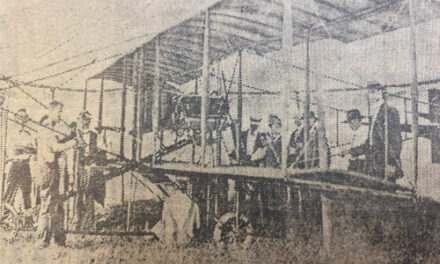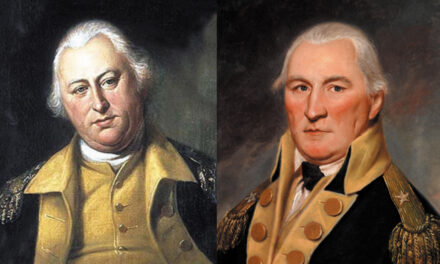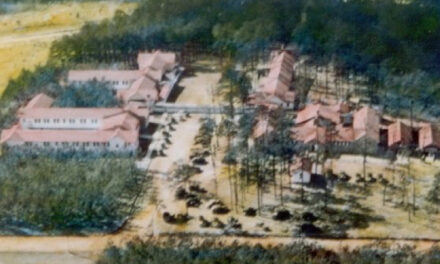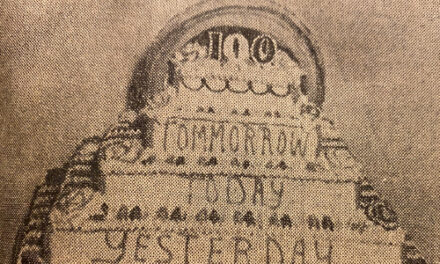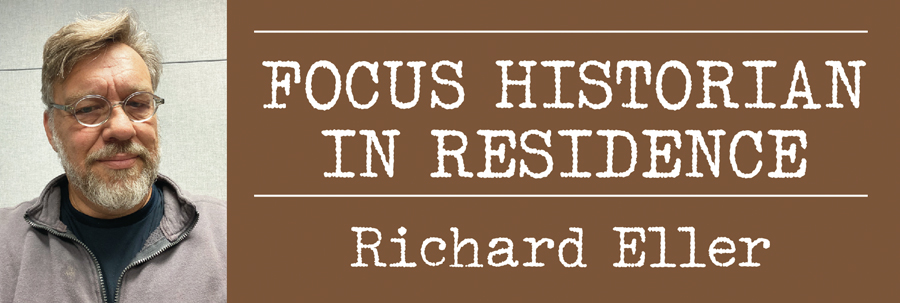
Musician Darrell Scott captured a certain feeling we all get when late November comes around. In the song, The Day Before Thanksgiving, he sings, “I don’t believe this country is ‘manifestering’ destiny. Someone just cooked it up and it is fed to you and me.”
The song captures quite a bit about who we as Americans have become. “They tell us who to love and war and never ask for help, and they cannot stand us thinking for ourselves.” The origins of all that could take back to the start of the republic, but the anniversary of one significant milestone was yesterday, the 60th anniversary of a tragic event in Dallas. A whole slew of documentaries are making the rounds this year, each telling us a bit of what we did not know in the days following November 22, 1963.
Taken as a whole, the slow drip of the truth now reveals what some were saying from the first, that the government was trying to keep a lid on the details of the murder. On the plane ride back to DC, a coverup began. While the American public wanted to know to the fullest extent possible (and still does) the who, what, where, when and why, government officials were worried about the implications, and decided to ‘manage’ the facts.
Was it the Soviets? Castro? The Mob? All those theories have been floated out there over the years. Oliver Stone put all three in his 1991 film. In the hours after JFK was pronounced dead at 2pm, Eastern time, plausible cases could have been made for any of the three being responsible for the killing of an American president. So a plan was devised to make sure that all the bullets that hit President Kennedy in that open-air car came from behind, whether they did or not. The Warren Commission published the same conclusion, but persistently, the fear of a second shooter would not die. Lee Harvey Oswald never got to tell us much, because he too was gunned down.
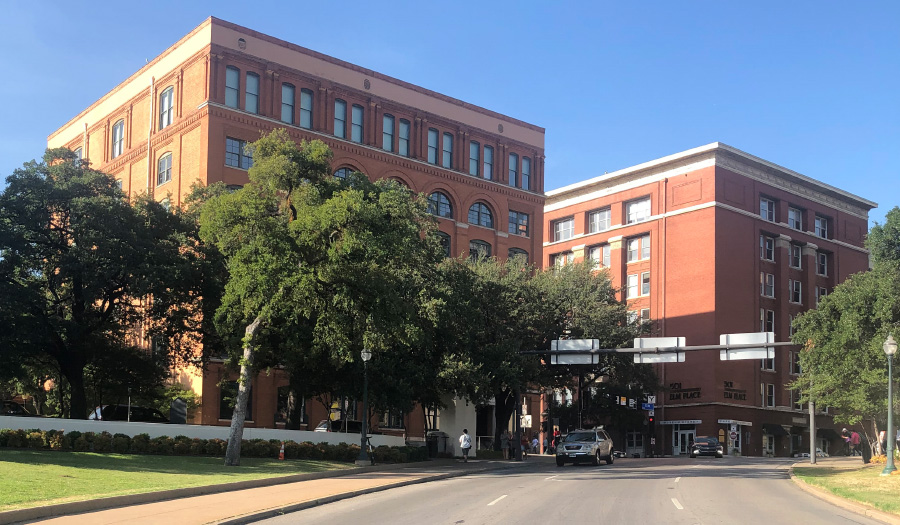
This spot on a Dallas street is where the trajectory of life in America changed.
The Warren Commission was both right and wrong about what turned out to be the first live murder ever seen on television. Perhaps right to quell the fear felt by the public that more information might have led to panic, misrepresentations of fact meant that our leaders felt we could not handle the truth and so it was kept bottled up tight. At least that was the plan. No amount of squelching alternate scenarios, like conclusions drawn by the Parkland doctors about entrance wounds, or altered autopsy photos, satisfied the generations of citizens who questioned the sincerity of the federal government in providing an honest assessment of who killed the president. Documents remain sealed, causing us to wonder what we are not being told.
The event (especially to us baby boomers) was monumental because it began a new, unwanted era. In a five year period, three other national leaders (Malcolm X, 1965, Dr. Martin Luther King, Jr. 1968 and Robert F. Kennedy in the same year) were publicly assassinated. The killing of JFK marked the beginning of a turmoil in this nation that has since included the war in Vietnam, Watergate, Iran-Contra, etc. If we are cynical, it is not necessarily because we have gone down the rabbit hole of the granddaddy of all conspiracy theories. In Darrell Scott’s The Day Before Thanksgiving, and a lot of other examples, we have earned the feeling from bitter experience.
Sure, one day, well into the future, we might move on from the fate of JFK. The tragedy will fade into acceptance like Lincoln’s or Garfield’s or McKinley’s murder before, taught in an American history class, and that’s about it. But for generations, the hiding of information has bred a feeling of distrust. And the disillusionment that rippled from Dallas continues to create waves, today and likely into the future.

